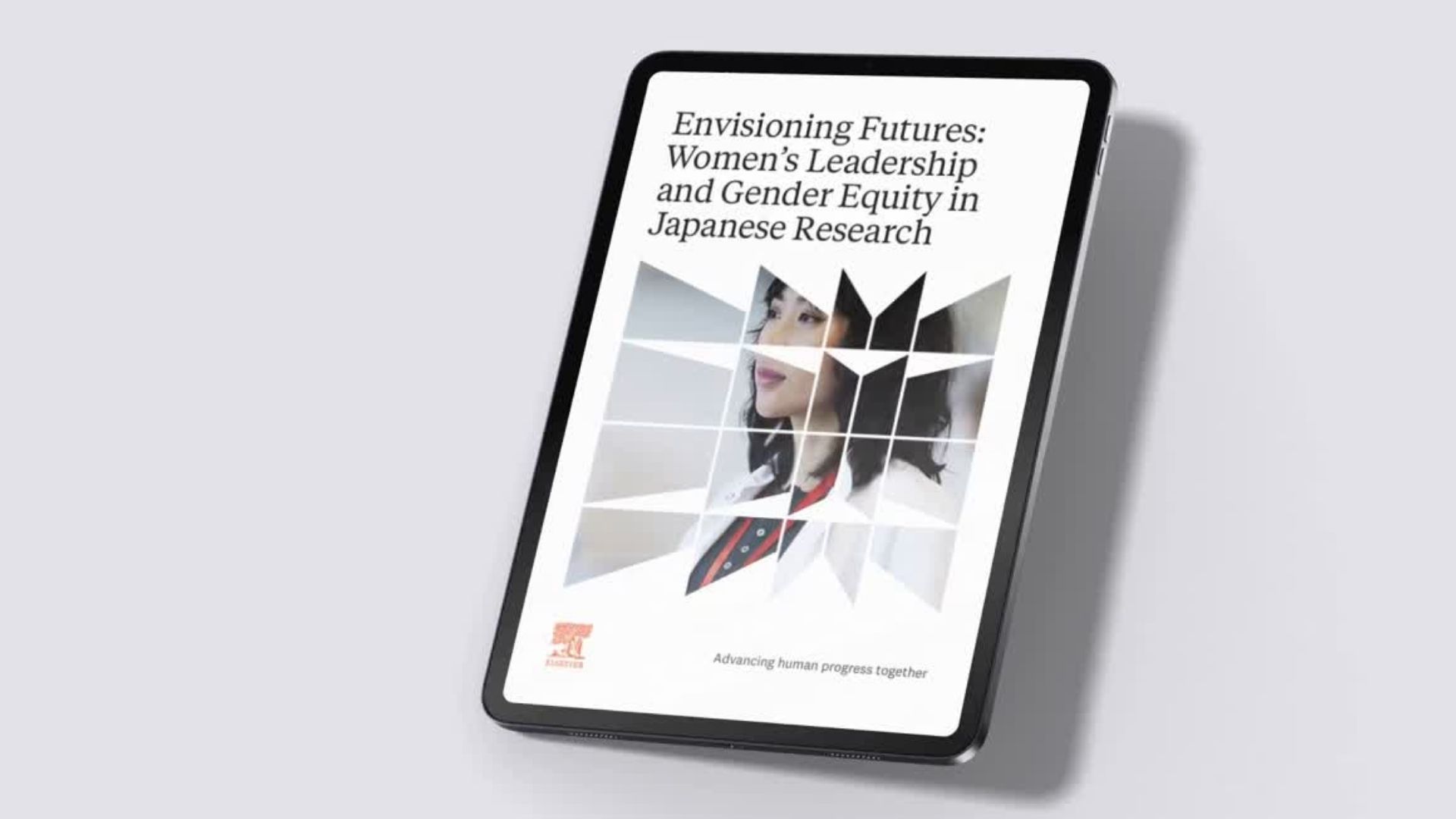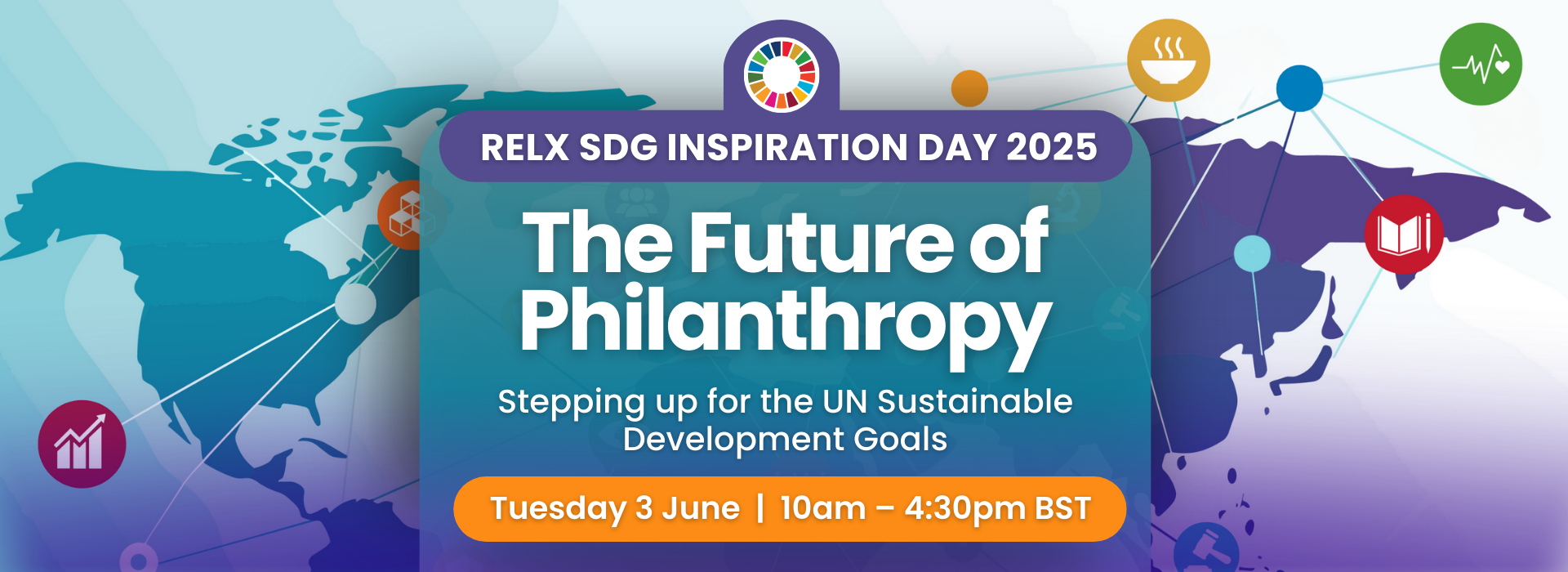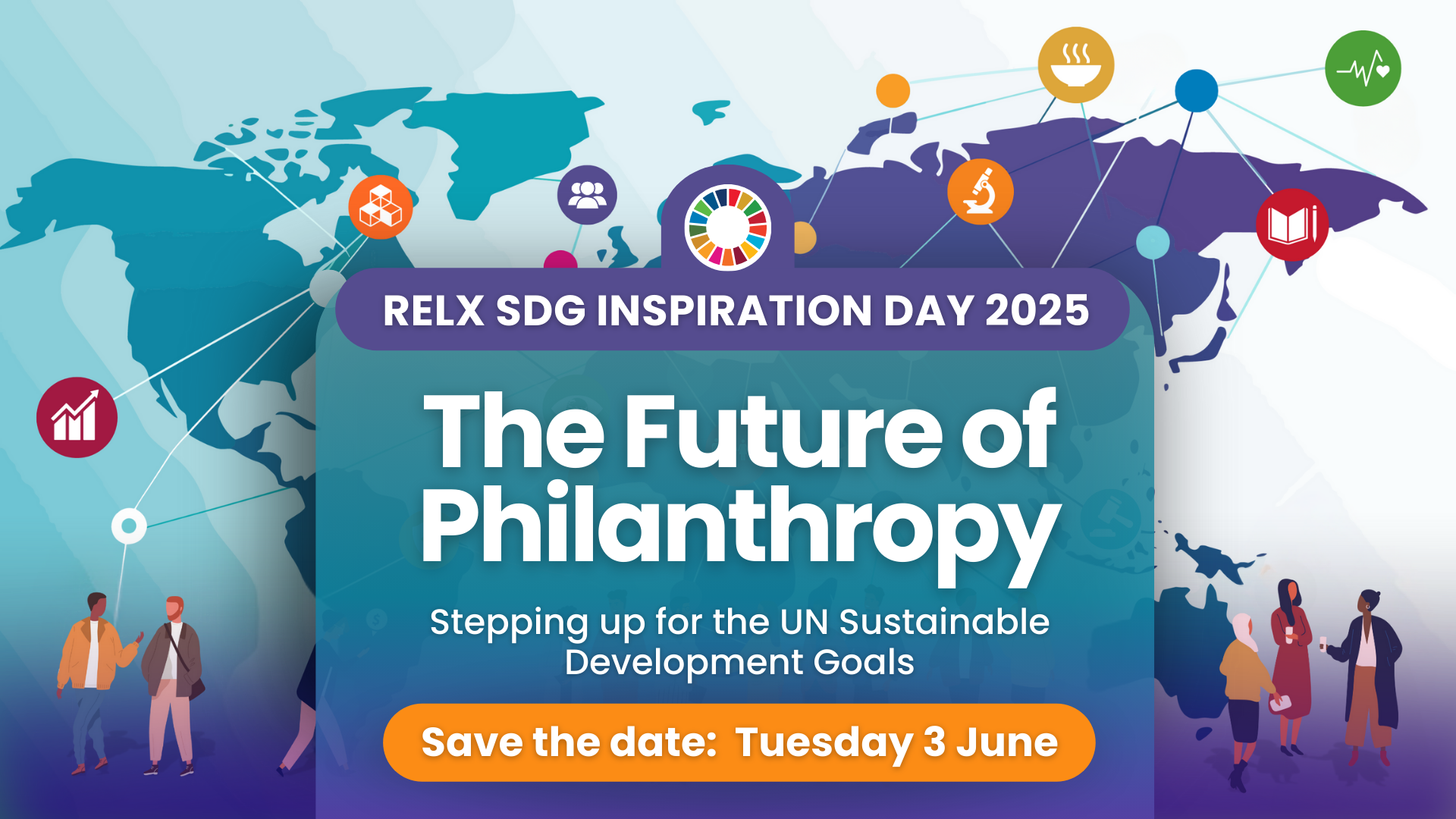Multi-stakeholder partnerships play a pivotal role in advancing the United Nations' Sustainable Development Goals (SDGs). Recognizing the scale and complexity of the global challenges the SDGs aim to address, these partnerships bring together actors from the public sector, private sector, civil society, academia, and more. By leveraging the unique resources, perspectives, and capabilities of diverse stakeholders, these partnerships can significantly enhance our collective ability to achieve the SDGs.
Multi-stakeholder partnerships can facilitate innovative solutions to complex issues. For example, collaborations between technology companies, governments, and NGOs can create digital solutions that improve access to education (SDG 4) or health services (SDG 3). By sharing knowledge and resources, partnerships can also address the issue of poverty (SDG 1) by creating sustainable job opportunities, providing financial resources, and offering necessary training and education.
Beyond fostering innovation, these partnerships promote inclusivity and leave no one behind, a fundamental principle of the SDGs. By ensuring that all voices are heard - from marginalized communities to large corporations - multi-stakeholder partnerships can create solutions that are equitable and effective, thereby promoting SDG 10, which calls for reduced inequalities.
Additionally, multi-stakeholder partnerships exemplify the spirit of SDG 17, which advocates for the strengthening of the means of implementation and revitalization of the global partnership for sustainable development. SDG 17 acknowledges that our global challenges are interconnected and that collaborative and coordinated efforts are crucial to achieving the SDGs.
However, to be effective, multi-stakeholder partnerships must be governed by principles of transparency, accountability, and mutual respect. Clear communication, defined roles and responsibilities, and regular assessments of progress are also crucial for success.
The Elsevier Foundation and RIKEN's report, ‘Envisioning Futures: Amplifying women’s voices and leadership in Japanese Science’, calls on research institutions to expand definitions of excellence beyond traditional metrics to include mentorship, collaboration and societal impact. Ylann Schemm, executive director of the Elsevier Foundation is among the leaders featured, sharing insights on the importance of resilience and flexibility in shaping diverse STEM careers.
The Future of Philanthropy: Stepping up for the UN Sustainable Development Goals
Join us for RELX SDG Inspiration Day 2025 - a free, online event to explore issues, gain practical insights and be inspired to take action in support of the N SDGs.
This perspective highlights the challenges and opportunities of implementing people-centered multi-hazard early warning systems in the Global South, emphasizing the need for localized, inclusive approaches that address vulnerability and the complex interrelationships of hazards, to bridge the gap between global ambitions and operational realities.
This backstory highlights the importance of interdisciplinary and participatory approaches in advancing the One Health concept, using lessons from an international workshop in Lao PDR to address existing knowledge gaps and improve global health security strategies.
This article proposed a new research framework to help better account for the broader sustainability (e.g. local community well-being, affordability, accessibility) in the net-zero energy transition
RELX SDG Inspiration Day 2025
The Future of Philanthropy: Stepping up for the United Nations Sustainable Development Goals
Can philanthropy bridge the funding gap necessary to advance the Sustainable Development Goals?
Join thought leaders, including Ban Ki-moon, 8th United Nations Secretary General, in discussing the role for philanthropy in addressing the United Nations Sustainable Development Goals (SDGs).
Nexus
Volume 2, Issue 1
100054
Prioritizing green and water-conscious production, making the energy transition more sustainable via water-conscious and green production of hydrogen and methanol.
This paper discusses Australia's first pass qualitative climate risk assessment, comparing it with 15 other national assessments to identify common themes and differences, and suggests that developing a shared framework could enhance international collaboration and coordinated climate action.
This study evaluates eight National One Health Strategic Plans using a mixed analytical approach, revealing varying degrees of alignment with core One Health principles and highlighting strengths and gaps to inform future initiatives. The framework combines qualitative, quantitative, and network analyses to assess content, terminology, and conceptual relationships within the plans.



